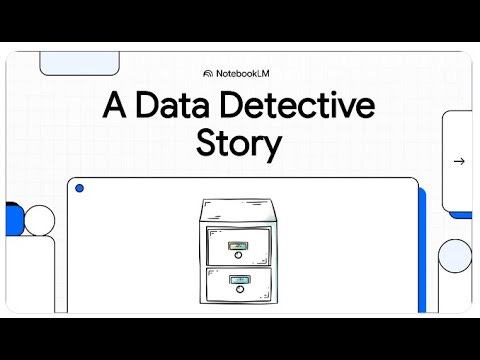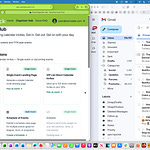What is the primary purpose of the "Get Organizer Events" function in the Calendar Invite Server (CIS) Dashboard?
The "Get Organizer Events" function is designed to efficiently retrieve all events associated with a specific organizer within the Calendar Invite Server (CIS) Dashboard. It allows organizers to view their event history.
Which AWS services are essential for the operation of the "Get Organizer Events" function?
The function heavily relies on two core AWS services: AWS Lambda and Amazon DynamoDB. AWS Lambda handles the API requests for retrieving events, acting as the compute service, while Amazon DynamoDB serves as the NoSQL database for storing and retrieving the event data.
How does the "Get Organizer Events" function process a request from start to finish?
The process begins when an API Gateway request invokes the function. The function then extracts the organizer's email from the request body. Next, it queries DynamoDB to fetch events linked to that organizer, filtering results by event timestamps. Finally, it converts the raw DynamoDB data into a structured JSON format and returns this formatted event list as an HTTP 200 response. In case of an error, it returns an HTTP 404 with an error log.
What are the key internal functions involved in retrieving and formatting organizer events?
Several key functions work in concert:
lambda_handler(event, *): The entry point, extracting request details and calling get_organizer_events.
get_organizer_events(request): Extracts the organizer's email, calls get_event_list, and formats the events.
get_event_list(organizer): Queries DynamoDB using a Global Secondary Index (organizer_events) to fetch event details, filtering by last_modified timestamp and limiting results.
get_organizer(request): Specifically extracts and decodes the organizer email from the request.
format_events(events): Transforms DynamoDB results into a structured JSON output, including fields like uid, mailto, organizer, status, dtstart, dtend, and summary_html.
invalid_request(): Handles and logs errors for invalid requests, returning an HTTP 404.
What kind of data is stored in DynamoDB for each event and what structure does it follow?
DynamoDB stores event records with a specific structure. The pk (partition key) and sk (sort key) for an event record are both typically event#. These records contain detailed event information, including timestamps, the organizer's email, event location, and its current status.
What environmental variables are configured for the "Get Organizer Events" function and what is their purpose?
The function utilizes several environmental variables for configuration:
REGION: Specifies the AWS region where the function executes.
DYNAMODB_TABLE: Defines the name of the DynamoDB table where event records are stored.
EVENT_VIEW_LENGTH: Sets the maximum number of events that will be returned per request.
LOG_LEVEL: Controls the verbosity level for logging messages.
How does the system handle errors when processing requests for organizer events?
Error handling is implemented for various scenarios:
Missing Organizer Email: If the request body lacks a valid organizer email, an HTTP 404 response is returned, and the issue is logged for debugging.
DynamoDB Query Failures: Errors encountered during event fetching from DynamoDB are logged but do not halt the overall processing.
Unhandled Exceptions: Any unexpected errors are captured, and a general error response is returned to the user.
What is the overall benefit of using this "Get Organizer Events" function within the CIS Dashboard?
The "Get Organizer Events" function provides a streamlined and efficient method for retrieving an organizer's complete event history. By leveraging serverless computing with AWS Lambda and a highly scalable NoSQL database like DynamoDB, it ensures quick data retrieval and organized event management capabilities within the CIS Dashboard.












